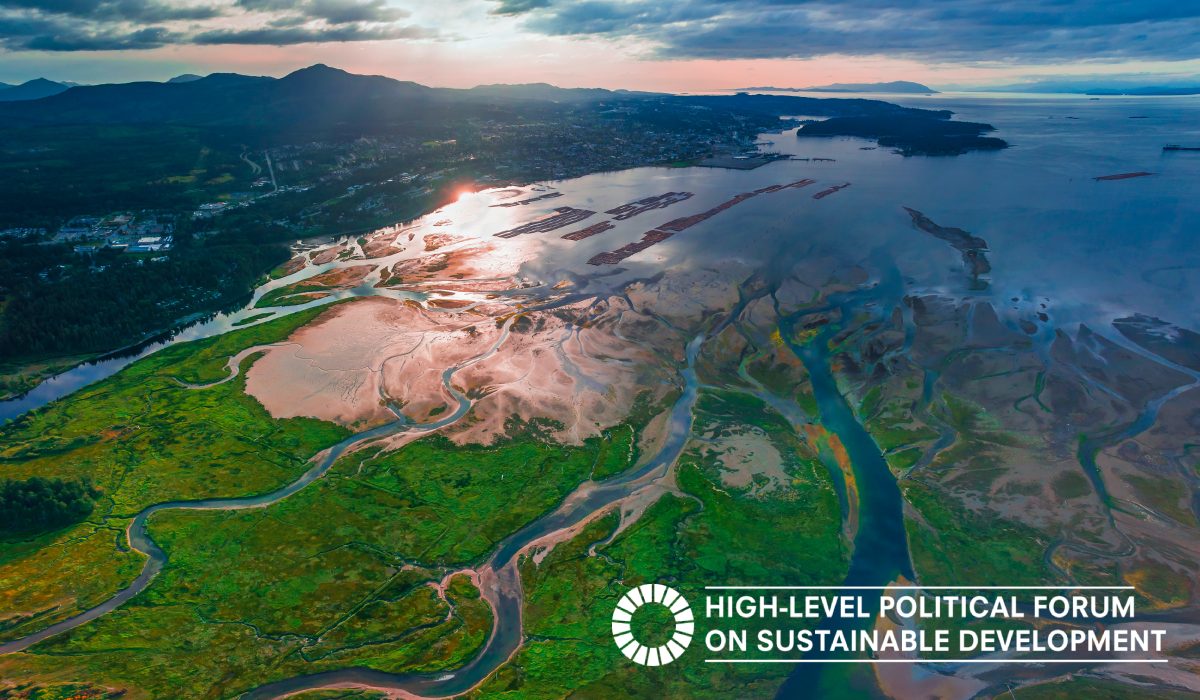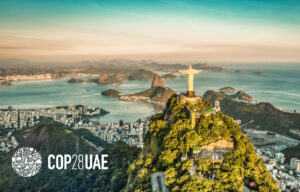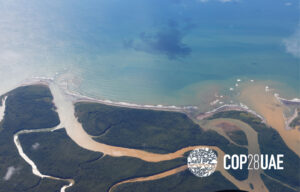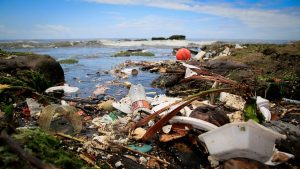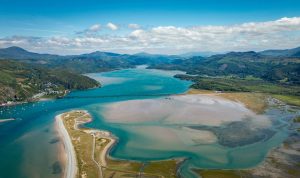Sharing experiences of managing natural resources holistically – from source to sea
The source to sea approach fosters participation and collaboration between stakeholders to prioritize actions that hold the greatest potential for positive impacts in the whole system.
The event stressed the need for holistic governance that creates benefits across the entire water cycle and addresses more than on SDG at a time. The Source-to-Sea approach is most effective in tackling challenges in multiple sectors, in multiple locations and with multiple levels of governance.
The approach can aid in balancing and protecting development priorities as well as linking policies and stimulating cooperation. To advance holistic management of land, freshwater, coastal, and marine ecosystems, SIWI hosts the Action Platform for Source-to-Sea Management that brings together organizations committed to accelerating adoption of source-to-sea management.
The speakers and a lively discussion with the audience highlighted the following:
- There is a systemic gap in the governance of land, freshwater, coastal, and marine ecosystems that has many spillover effects on sustainable development, including limiting the funding that is available to address source-to-sea challenges.
- The holistic source-to-sea approach to management can illuminate previously unseen collaborative solutions that will address the interlinkages between SDGs.
- There are existing institutional frameworks and coordination mechanisms that can be used to advance source-to-sea management and can be used as examples for implementation elsewhere. It is important to infuse source-to-sea perspectives into all scales of governance – local, national, regional, and global.
- As threats from climate change, biodiversity loss, and pollution increase, cooperation across boundaries needs to intensify – in sharing data, increasing transparency, capacity development, dedicating human and financial resources, and strengthening institutions.
- The benefits of source-to-sea management need to be better understood to encourage upstream-downstream cooperation. This is particularly true for upstream communities to understand the benefits they get from downstream health of the coasts and the ocean.
- Support for strengthening capacity for source-to-sea management in developing countries is called for and the valuable contributions that source-to-sea management offers regarding transboundary cooperation, pollution, ecosystem degradation, and climate change is recognized.
The Our Ocean Conference to be held in Greece in 2024 will be another opportunity to further accelerate the adoption of source-to-sea globally.
The speakers in the event included:
- Ms Charlotta Schlyter, Ambassador and Head of Section for Sustainable Development, Permanent Mission of Sweden to the United Nations in New York
- Ms Ruth Mathews, Senior Manager and Coordinator for the Action Platform for Source-to-Sea Management, SIWI
- Mr Evangelos Sekeris, Ambassador Extraordinary and Plenipotentiary, Permanent Representative of Greece to the United Nations in New York
- Ms Sandra Pellegrom, SDG Coordinator, The Netherlands
- Mr Juhani Damski, Permanent Secretary of the Ministry of the Environment, Finland
- Ms Ana Paula Zacarias, Permanent Representative of Portugal to the UN
- Mr Nazmul Ahsan, Secretary Ministry of Water Resources Government of Bangladesh
